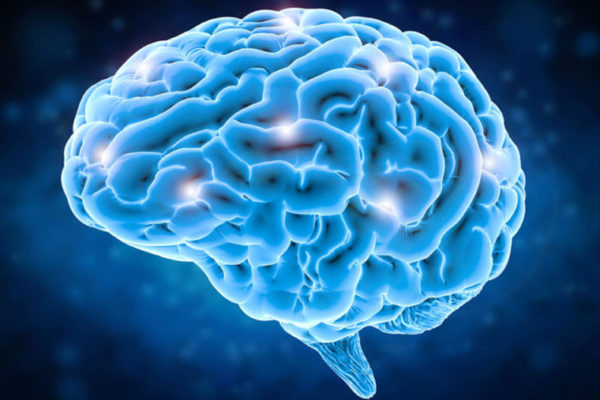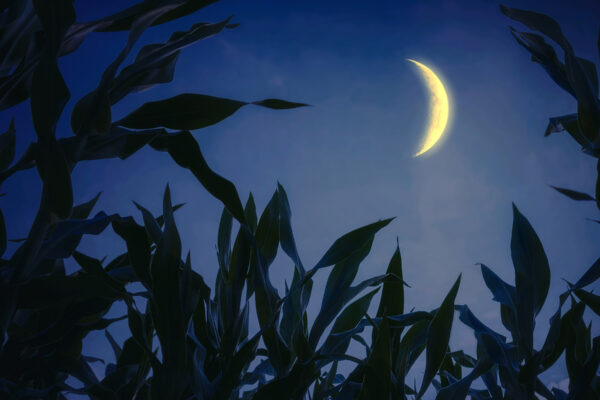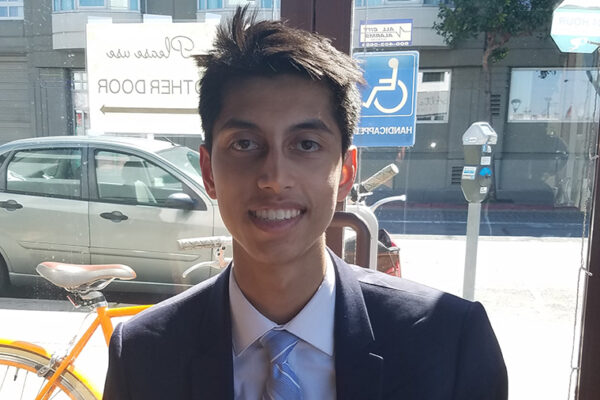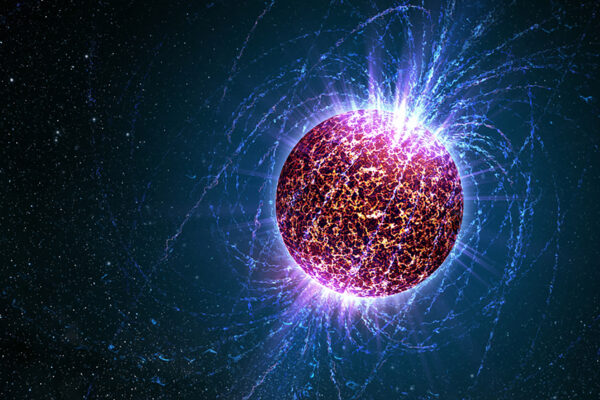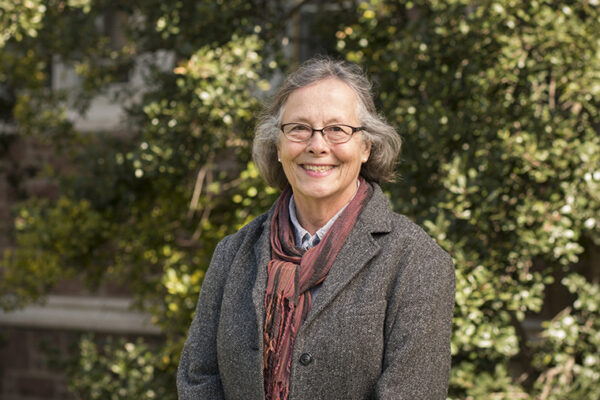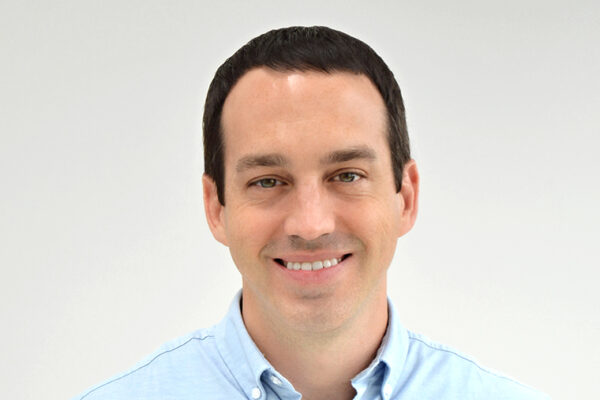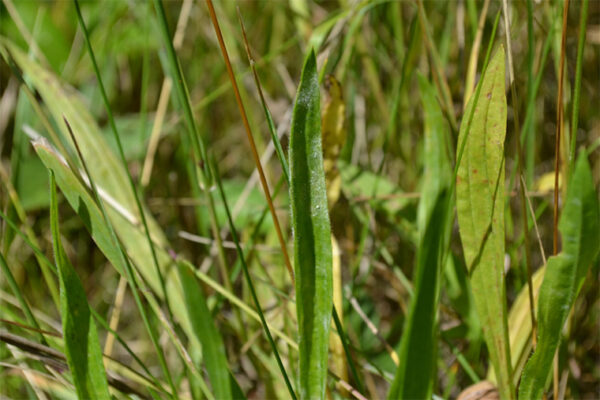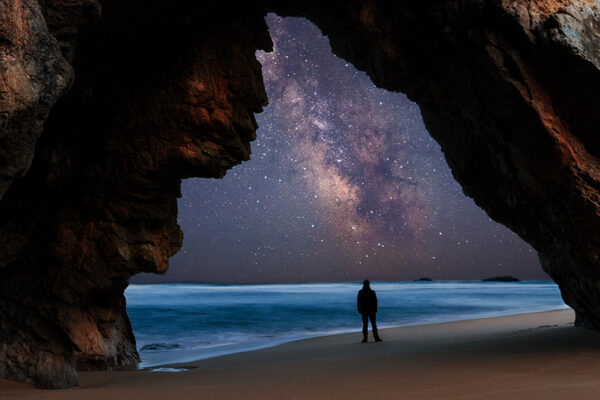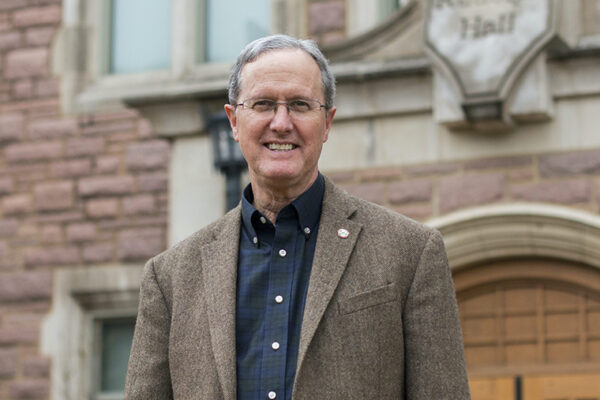Brain & Behavior Research Foundation awards grants to three researchers
Kirsten Gilbert Alberts and Emma Johnson at the School of Medicine and Keith Hengen in Arts & Sciences each received $70,000 Young Investigator grants from the Brain & Behavior Research Foundation, an organization that is committed to alleviating the suffering caused by mental illness by supporting research that will lead to advances and breakthroughs in scientific research.
How plants survive in the dark
Deprived of light, plants are unable to transform carbon dioxide from the atmosphere into sugar molecules. New research led by biologist Richard Vierstra in Arts & Sciences at Washington University in St. Louis provides an in-depth look at how maize responds at a cellular level.
Newly named Moog Scholar combines love of medicine and music
In recognition of excellence across multiple fields, rising junior Prathamesh Chati in Arts & Sciences has been named the 2020 Florence Moog Scholar.
Looking skin deep at the growth of neutron stars
Researchers from physics and chemistry in Arts & Sciences at Washington University in St. Louis leveraged data from nuclear scattering experiments to make stringent constraints on how neutrons and protons arrange themselves in the nucleus. Their predictions are tightly connected to how large neutron stars grow and what elements are likely synthesized in neutron star mergers.
Fritz wins book award for ‘Feeding Cahokia’
The Society for Economic Botany awarded Gayle J. Fritz, professor emerita of anthropology in Arts & Sciences, its 2020 Mary W. Klinger Book Award for “Feeding Cahokia.” The book emphasizes the importance of native crops that were domesticated by America’s first farmers long before corn became a staple food in what is now the U.S. Midwest.
Barnes selected as 2020 American Chemical Society Young Investigator
Jonathan Barnes, assistant professor of chemistry in Arts & Sciences, was selected as one of 15 Young Investigators by the American Chemical Society’s Division of Polymeric Materials: Science and Engineering. The selection recognizes Barnes’ excellence in polymer research and marks him as an emerging leader in the field.
Once infected, twice infected
Biologist Rachel Penczykowski in Arts & Sciences conducted a series of elegant experiments that capture how pathogen strains naturally accumulate on plants over a growing season. Her findings, reported in Nature Ecology & Evolution, reveal the importance of understanding interactions among pathogens when developing strategies for maintaining healthy crop populations.
Meteorite study suggests Earth may have always been wet
A new study finds that Earth’s water may have come from materials that were present in the inner solar system at the time the planet formed — instead of that water being delivered by far-reaching comets or asteroids. The research co-authored by physicist Lionel Vacher in Arts & Sciences at Washington University in St. Louis is published Aug. 28 in Science.
Jolliff awarded Shoemaker Distinguished Scientist Medal
Bradley Jolliff, the Scott Rudolph Professor of Earth and Planetary Sciences in Arts & Sciences and director of the McDonnell Center for the Space Sciences, has been awarded the 2020 Eugene Shoemaker Distinguished Scientist Medal by NASA’s Solar System Exploration Research Virtual Institute, recognizing significant contributions to planetary science throughout his career.
COVID-19 human milk studies should continue without stopping breastfeeding, researchers say
It is not easy to conduct human milk research during a pandemic. Yet despite the consistent lack of quality evidence for transmission of viral RNA from breast milk, some leaders are pushing ahead by altering public health and clinical practice guidance, according to E.A. Quinn, associate professor of biological anthropology in Arts & Sciences at Washington University in St. Louis.
View More Stories
